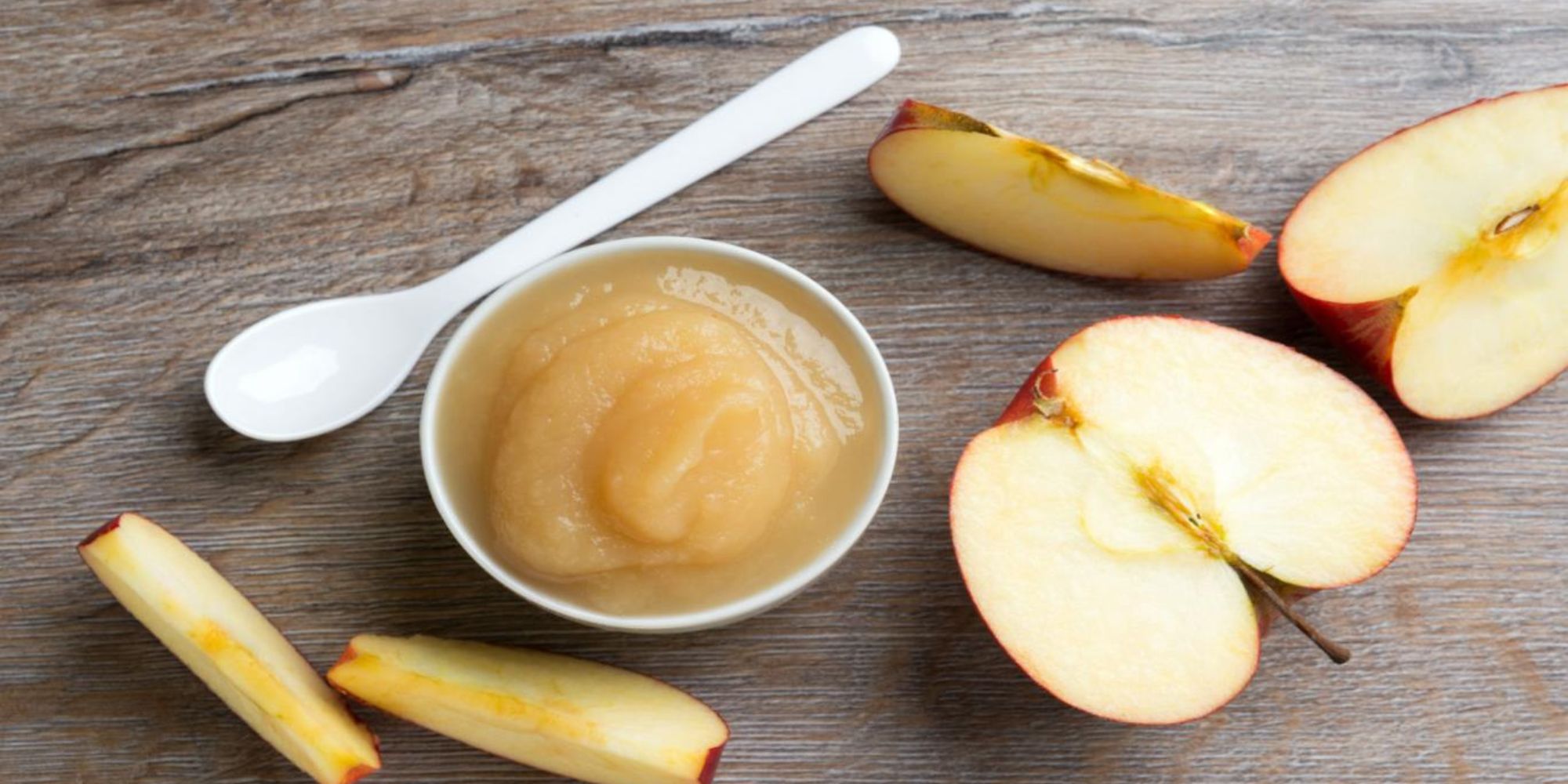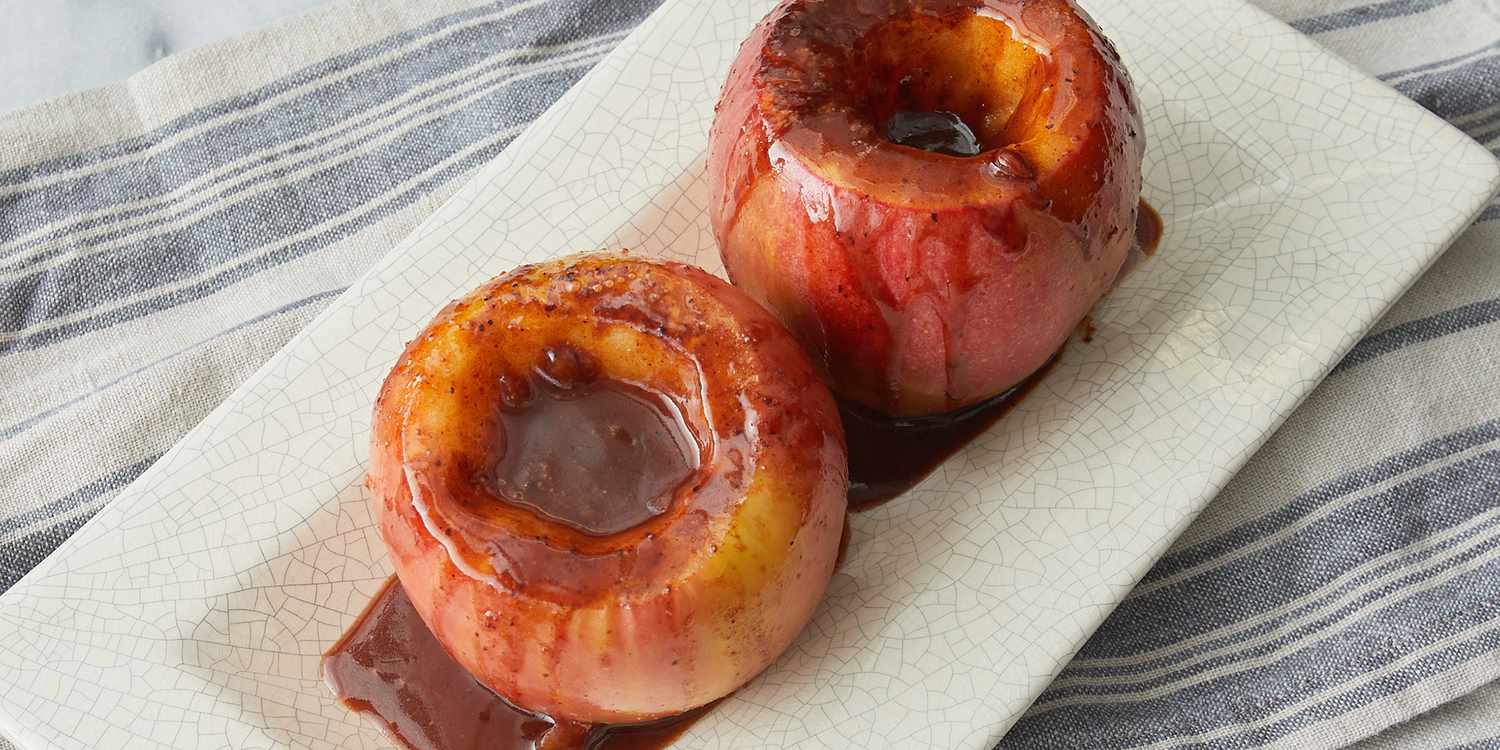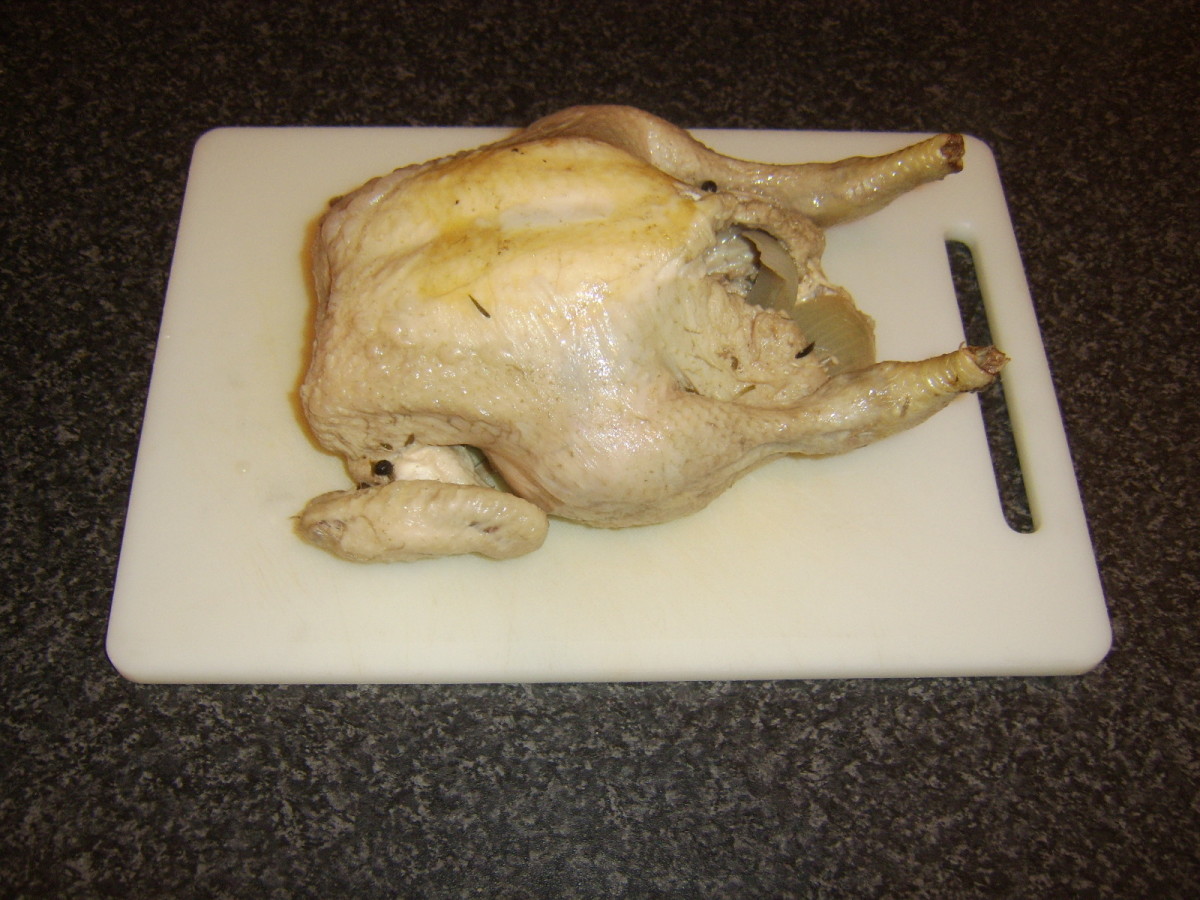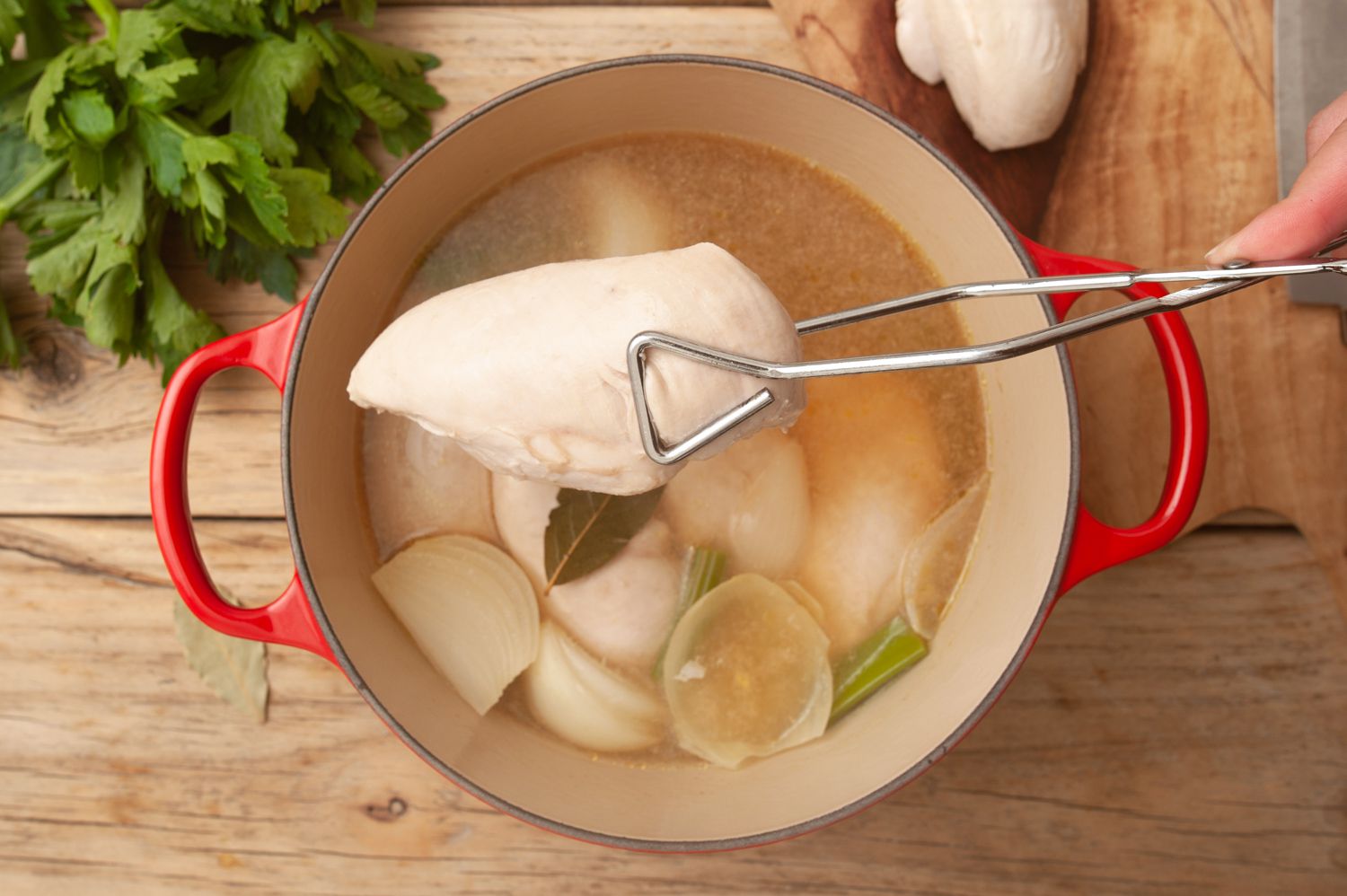Stewing Apples for Freezing: A Handy Guide
Stewing apples is a fantastic way to preserve their delicious flavor and enjoy them all year round. Whether you have an abundance of apples from your garden or you simply want to take advantage of a great deal at the store, learning how to stew apples for freezing is a valuable skill. With just a few simple steps, you can have a supply of stewed apples ready to use in a variety of recipes, from pies and crumbles to oatmeal and yogurt.
Choosing the Right Apples
When it comes to stewing apples, not all varieties are created equal. Look for apples that are firm and slightly tart, such as Granny Smith, Braeburn, or Jonathan apples. These varieties hold their shape well when cooked and offer a nice balance of sweetness and acidity.
Preparing the Apples
Before you start stewing the apples, it’s important to wash and peel them. Once peeled, remove the cores and seeds, then cut the apples into evenly sized chunks. This will ensure that they cook evenly and result in a smooth, consistent texture.
Stewing Process
Now it’s time to stew the apples. Place the prepared apple chunks in a large pot and add a small amount of water to prevent sticking. For extra flavor, consider adding a sprinkle of cinnamon or a dash of lemon juice. Cook the apples over medium heat, stirring occasionally, until they are soft and tender. You can adjust the sweetness by adding sugar or honey to taste.
Freezing the Stewed Apples
Once the apples are stewed to perfection, allow them to cool to room temperature. Then, it’s time to prepare them for freezing. Here’s how to do it:
- Divide the stewed apples into portion sizes that make sense for your recipes or family size.
- Place the portions into airtight containers or freezer bags, ensuring they are sealed tightly to prevent freezer burn.
- Label the containers with the date and contents before placing them in the freezer.
Using Frozen Stewed Apples
When you’re ready to use the frozen stewed apples, simply remove the desired portion from the freezer and allow it to thaw in the refrigerator. Once thawed, the apples can be used in a wide range of recipes, from baked goods to savory dishes. They can also be reheated gently on the stovetop or in the microwave if you prefer to use them warm.
Benefits of Freezing Stewed Apples
Freezing stewed apples allows you to enjoy the taste of fresh apples long after the harvest season has ended. It’s a convenient way to have this versatile ingredient on hand for all your cooking and baking needs. Plus, by preparing and freezing your own stewed apples, you can avoid the added sugars and preservatives often found in store-bought versions.
Conclusion
Learning how to stew apples for freezing is a simple and rewarding process that can enhance your culinary endeavors throughout the year. By following these easy steps, you can stock your freezer with a supply of delicious stewed apples, ready to bring a taste of autumn to any season. So, the next time you have an abundance of apples, don’t let them go to waste – stew and freeze them for future enjoyment!
Explore More Delicious Apple Recipes
Now that you've mastered the art of stewing apples to freeze, why not put those skills to the test with a variety of delightful recipes? From the comforting warmth of a classic apple pie to the morning delight of apple cinnamon french toast casserole, these recipes offer perfect ways to use your stewed apples. We highly recommend trying the apple chutney, a versatile accompaniment that enhances both sweet and savory dishes. For those with a sweet tooth, the apple streusel coffee cake provides a delectable treat. Each recipe is designed to make the most of your stewed apples, enriching your meals with flavors that celebrate the essence of this beloved fruit.









